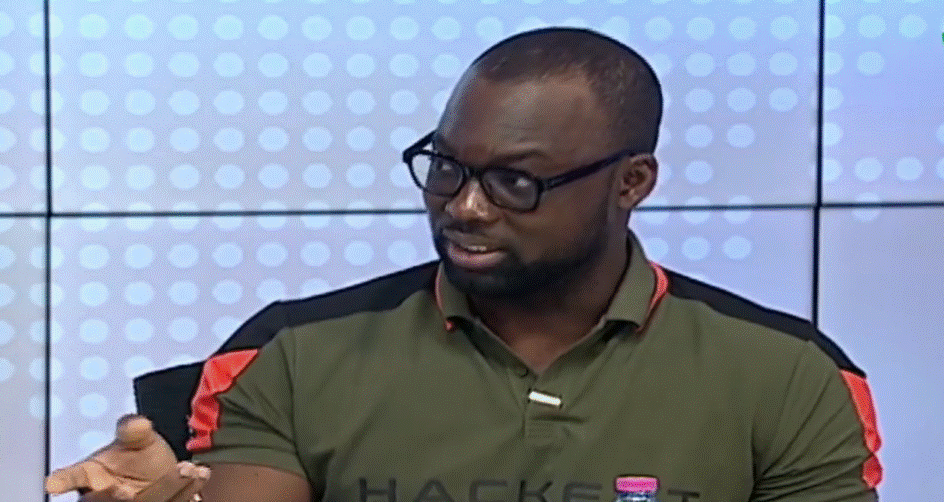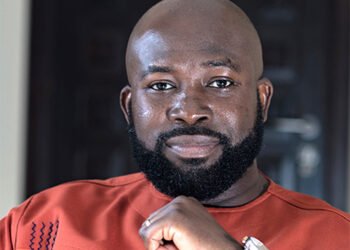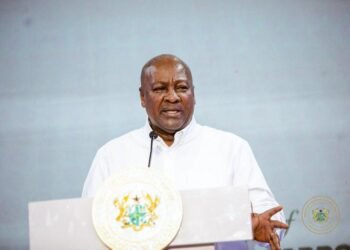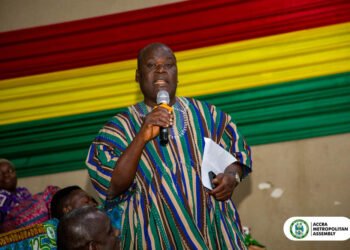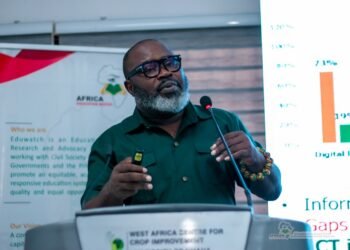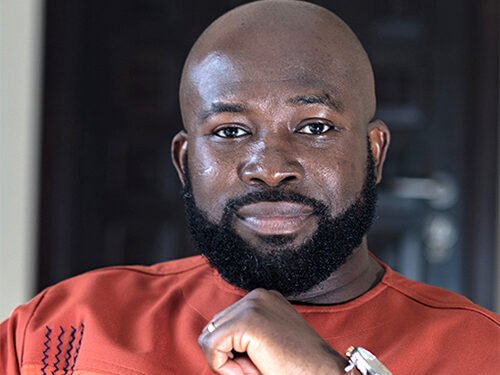Lawyer Bobbie Banson has called for a renewed national commitment to tackling the structural roots of corruption by enforcing political party financing laws and reforming the country’s asset declaration regime.
He said that until Ghana addresses these fundamental governance weaknesses, revelations of corruption under successive governments will continue to resurface without any meaningful change.
Speaking in reaction to the Attorney General’s recent disclosures of corruption by some past government officials under the previous NPP administration — including scandals at the National Service Authority, the National Signals Bureau’s cyber defence project, and the National Buffer Stock Company — Mr. Banson lamented that Ghana has lost an estimated $2.5 billion to corruption.
He warned that unless the country confronts “the elephant in the room,” these cycles of scandal will persist. According to him, Ghana’s anti-corruption efforts have been superficial and reactive, rather than structural and preventive.
“I have always argued that one sure way of curbing corruption is to look at how political actors are financed and the pressures they face once they assume office”.
Lawyer Bobbie Banson
Drawing on his experiences and conversations with public officials, Mr. Banson revealed the intense political pressure that many appointees face to dispense favours once in office.
“Some people told me that every Friday, they don’t even want to go to the office because people line up to demand assistance. If they don’t attend to them, they’ll be reported to the party and risk losing their positions. So your political options become limited — you are forced to comply”.
Lawyer Bobbie Banson
He challenged Ghanaians to ask themselves tough ethical questions: “Would you rather be ethical or be pushed to be corrupt? Is there any excuse for corruption? Wouldn’t it be better if we just enforced the laws on political party financing in Ghana?” Mr. Banson stressed that political financing is the single biggest driver of corruption.
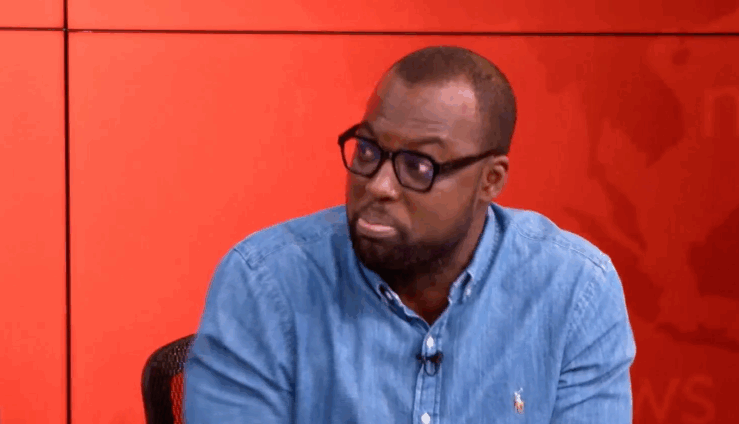
“To mount a successful presidential campaign in Ghana today, you need to spend not less than $200 million. It used to be about $100 million, then $150 million, and now research says it’s around $200 million. The question is, where does that money come from?”
Lawyer Bobbie Banson
He explained that even before a national election, candidates spend huge sums during internal party primaries, deepening their dependency on private financiers who later demand favours when the candidates win power.
“Meanwhile, we have the law that governs the work of the Electoral Commission, which clearly states that political parties must disclose their sources of funding. If they fail to do so, the EC should strike them out.
“The law requires that 25 days before elections, parties submit their accounts, and then six months after, they file audited accounts again. But this is rarely enforced”.
Lawyer Bobbie Banson
Mr. Banson argued that the legal framework needs to be revised to reflect the actual structure of political financing, adding that the biggest problem with that law is that it targets the political parties rather than the individual candidates.
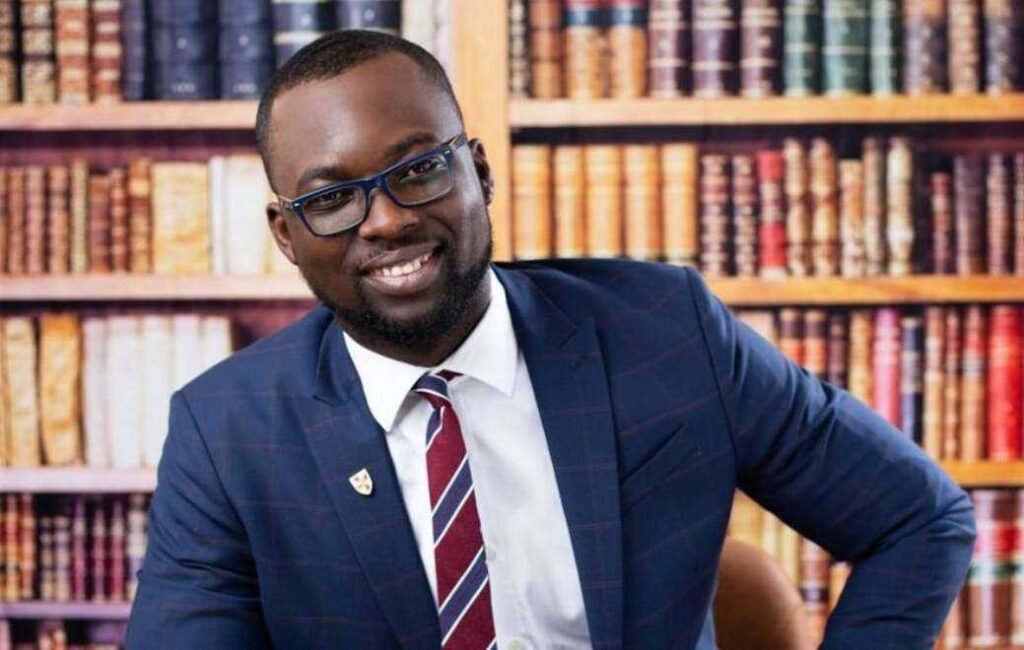
For him, in practice, it is the individuals — the MPs and presidential aspirants — who fund the campaigns, not the party, insisting that the law must therefore be amended to target these individuals directly.
Asset Declaration Regime
He further called for a reform of the asset declaration regime for public officials, noting that the current system lacks transparency and accountability. “We should have a system where asset declarations are made public and verifiable, not hidden in some confidential file until there’s a scandal,” he said.
Mr. Banson also criticized what he described as the hypocrisy of some public figures who champion anti-corruption rhetoric but fail to act when given the chance. He recalled instances where members of Parliament made serious allegations of bribery within the House but refused to disclose the culprits.
“We had MPs say that someone had come to Parliament to attempt to bribe them, and when asked to disclose who, they refused. Yet such people are held up as champions of integrity. That’s the hypocrisy I’m talking about”.
Lawyer Bobbie Banson
Citing the example of former MP Andy Appiah-Kubi, who once alleged that a national security official had attempted to bribe MPs but later declined to provide evidence, Mr. Banson said such actions undermine public trust in anti-corruption advocacy. “
Sometimes, the people who speak loudest against corruption are the same ones who refuse to walk the talk when the opportunity comes,” he lamented.
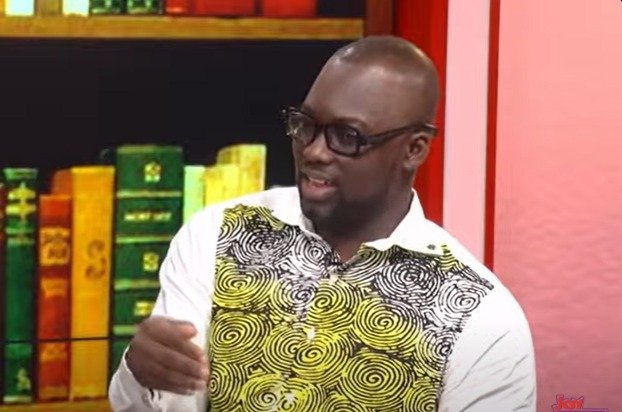
He concluded that until Ghana enforces its laws on political financing, reforms its asset declaration system, and holds public officials accountable for both action and inaction, corruption will remain an entrenched national crisis.
“If we do not address political funding, asset declaration, and our culture of hypocrisy, we will continue to lose billions while pretending to fight corruption”.
Lawyer Bobby Banson
In essence, Lawyer Bobbie Banson believes Ghana’s anti-corruption fight will remain futile unless political party financing laws are enforced, asset declaration becomes transparent, and public officials are genuinely held accountable beyond partisan loyalty or public posturing.
READ ALSO: Over GH¢70B Lost to Projects, GIP to Rescue



